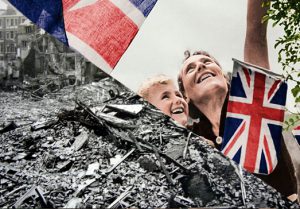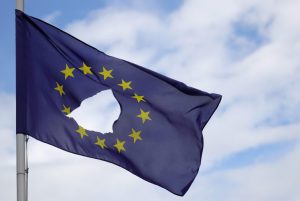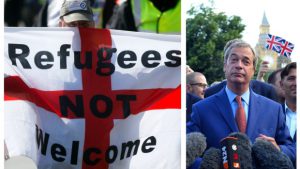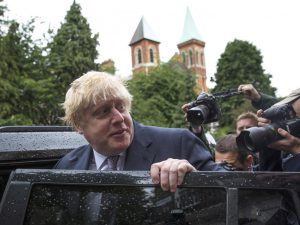 The sequence of events feels almost surreal. During the referendum campaign several former generals, including Lord Guthrie, came out in favour of Brexit, supposedly over fears that the EU is about to create an EU army. In the swirl of half-stories it was not clear what was actually being said: there has been shared policy on security and defence for a long time, which became the Common Security and Defence Policy in the Lisbon Treaty. Crucially, anyone with a grip on the different stories of EU member states would be aware that this is very complicated — particularly because of the anxieties in Germany about armed forces serving a purpose that’s anything other than defensive. A move as big as creating a fully-fledged European Army would also need treaty changes, which require the agreement of all the member states, so there is no chance of it happening without the agreement of the UK as long as we are in the EU.
The sequence of events feels almost surreal. During the referendum campaign several former generals, including Lord Guthrie, came out in favour of Brexit, supposedly over fears that the EU is about to create an EU army. In the swirl of half-stories it was not clear what was actually being said: there has been shared policy on security and defence for a long time, which became the Common Security and Defence Policy in the Lisbon Treaty. Crucially, anyone with a grip on the different stories of EU member states would be aware that this is very complicated — particularly because of the anxieties in Germany about armed forces serving a purpose that’s anything other than defensive. A move as big as creating a fully-fledged European Army would also need treaty changes, which require the agreement of all the member states, so there is no chance of it happening without the agreement of the UK as long as we are in the EU.
European defence possibilities
One of the ironies of the referendum campaign was the (unsubstantiated) claim that the EU is about to create a European Army. Yet as anti-federalists get jumpy about the tone of Guy Verhofstadt’s comments on closer co-operation on defence, Trump pushes for something similar. Has closer co-operation on defence just become a really good idea, and essential for the UK to be part of?



 On the surface the language could be heard as optimistic, with talk of opportunity and investment and everyone benefitting, and “Hard Brexit” being tough but good.
On the surface the language could be heard as optimistic, with talk of opportunity and investment and everyone benefitting, and “Hard Brexit” being tough but good.




